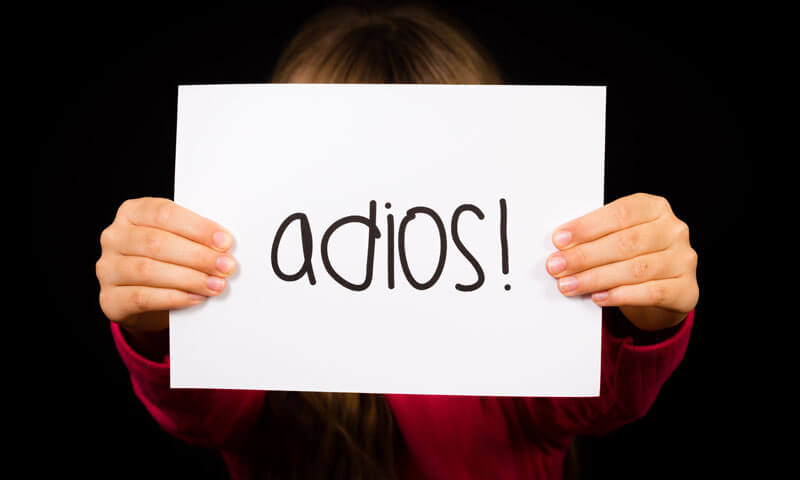
In recent events, Rachael Rollins, the U.S. Attorney for Massachusetts, has come under scrutiny for alleged misconduct during a local district attorney election. Reports released by the Justice Department Inspector General Michael Horowitz and the independent U.S. Office of Special Counsel (OSC) shed light on numerous ethics lapses and violations committed by Rollins.
Rollins, appointed by President Joe Biden as the first Black woman to serve as U.S. Attorney in Massachusetts, faced allegations of improperly using her position to meddle in the district attorney election. The reports suggest that she leaked damaging information about a political rival to newspapers, among other misconducts. These revelations have caused significant controversy and led to Rollins resigning by the end of the week.
The scathing 161-page inspector general’s report outlined various ethical breaches committed by Rollins. One instance highlighted her attendance at a Democratic fundraising event alongside U.S. first lady Jill Biden, which was deemed inappropriate for a prosecutor. Additionally, the report mentioned accusations that Rollins knowingly made false statements during her interview with Horowitz’s office.
Concerns were raised regarding Rollins’ violation of the Hatch Act, a law restricting federal employees’ political activities. The OSC report characterized her actions as one of the most egregious Hatch Act violations ever investigated. The report further described Rollins’ interactions with Ricardo Arroyo, a progressive-leaning Democrat who ran in the 2022 primary election for the Suffolk County district attorney position vacated by Rollins. Investigators discovered text messages indicating that Rollins worked behind the scenes to support Arroyo’s campaign.
The investigations also revealed that Rollins planted negative information about her rival, Kevin Hayden, in Boston Globe articles to initiate a Justice Department investigation into Hayden’s handling of a police misconduct probe. Furthermore, Rollins leaked a sensitive Justice Department memo to the Boston Herald, stating her recusal from any investigation related to Hayden. The OSC found that these actions violated the Hatch Act, prohibiting the use of official authority or influence to interfere with an election.
During interviews regarding the leaks, the inspector general’s report stated that Rollins lacked candor and provided false testimony under oath by initially denying her involvement as the source of the leaks. The report by Horowitz additionally cited Rollins’ violation of Justice Department policy and ethics rules, such as soliciting free Boston Celtics NBA tickets, using her personal cellphone for official business, and accepting payments and political contributions after becoming a U.S. attorney.
While Rollins’ attorney, Michael Bromwich, downplayed the allegations as minor process fouls, Rollins chose to step down rather than further litigate the issues. Bromwich clarified that Rollins had received Justice Department approval to attend the fundraising event, emphasizing that her presence was solely for a brief meet-and-greet with the First Lady, without making any financial contributions.
Rachael Rollins, confirmed as U.S. Attorney in December 2021, served as one of the 93 lead federal prosecutors across the United States. The allegations against her have stirred significant debate, raising concerns about the integrity of the justice system and the impact on future elections. As the legal proceedings unfold, the fallout from Rollins’ actions will undoubtedly have lasting implications on her career and the broader discussions surrounding ethics in public office.












































